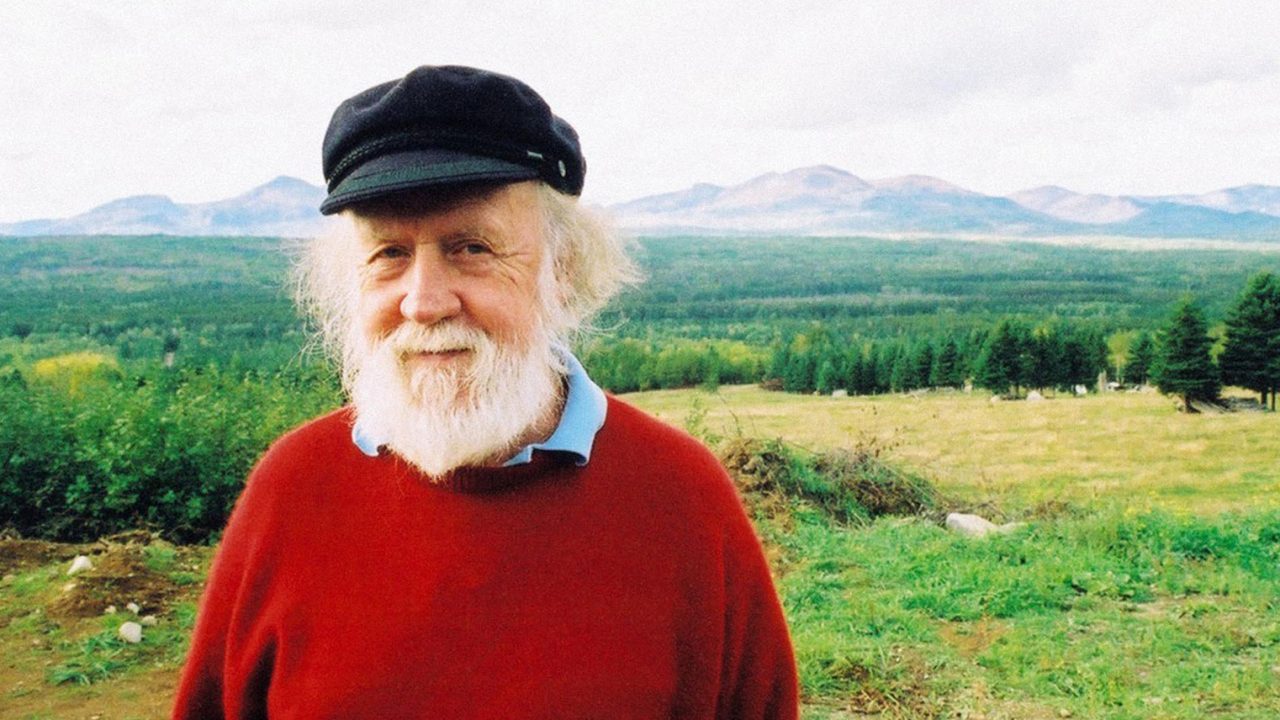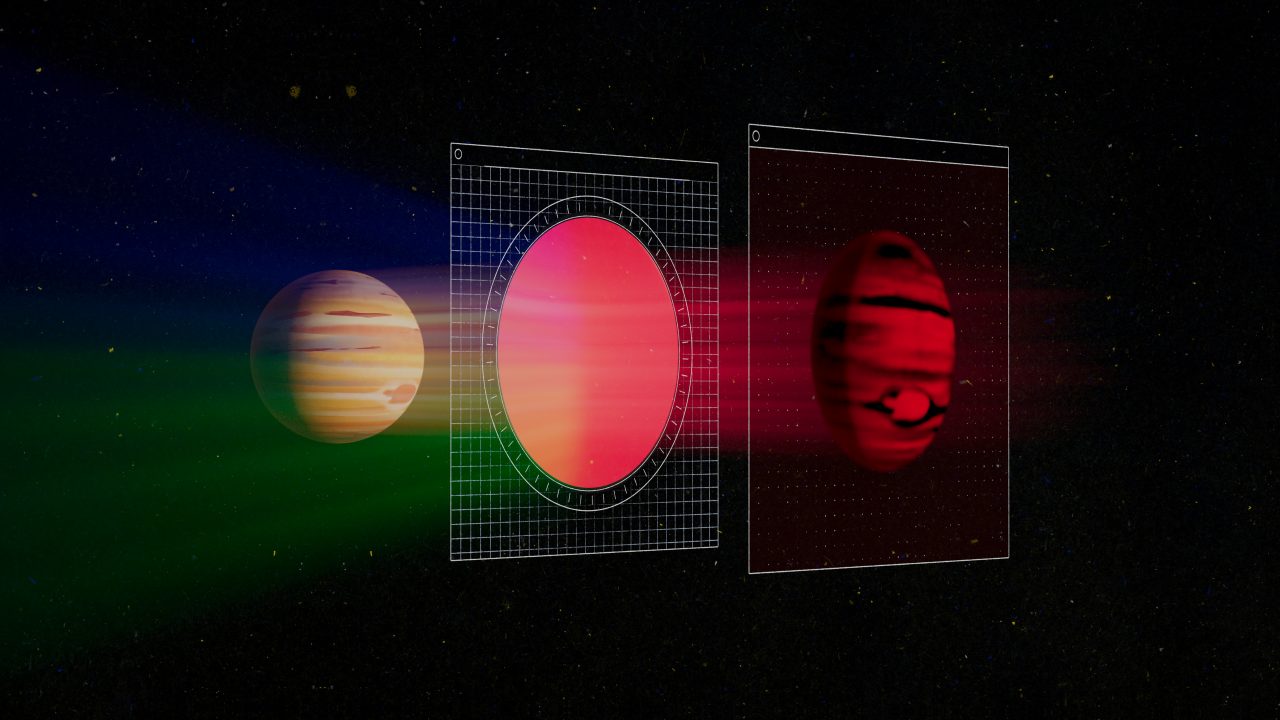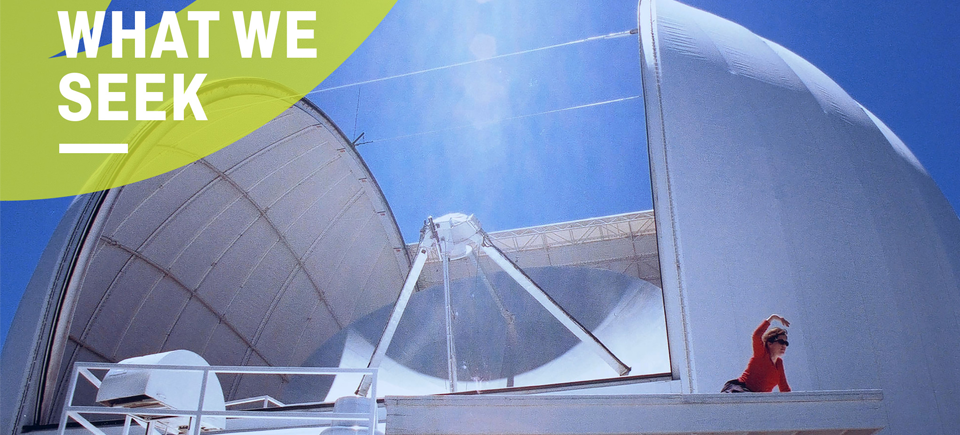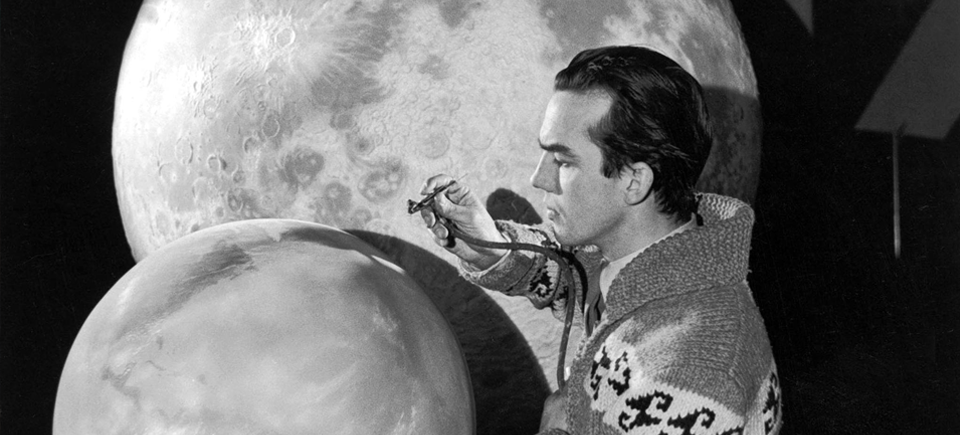
Hubert Reeves: Star Teller, Creator of Scientists
Hubert Reeves: Star Teller, Creator of Scientists
The desire to explain the universe to others
Hubert Reeves: Star Teller, Iolande Cadrin-Rossignol, provided by the National Film Board of Canada
Nineteen eighty-four—no, not George Orwell’s dystopian novel!—I still remember it as if it were yesterday. That was the year I first opened Hubert Reeves’s book Patience dans l’azur. I remember that moment—it was at Christmas time—when I found myself becoming immersed in the universe. Through his words and his poetic style, I had the impression I was comprehending something much greater than myself, much greater than my family, my country, my Earth, my solar system.
Reeves’s words resonated in my head, firing up my neurons and stoking my intellect. It was literary and scientific love-at-first-sight! Even though I didn’t fully understand everything I was reading, I felt transported into the history of the universe, like a spectator in a planetarium watching that sequence of events from the forming of the first elements to the appearance of life on Earth, all of it unfolding before my eyes. I felt like a scientist. I wanted to become The Great Scientist myself, at the tender age of 12! So I decided to try to be like Hubert. I wanted to really think about the universe, to understand it, and most of all, to be able to explain it to other people.
Inspired to become an astrophysicist
Watching the NFB documentary Hubert Reeves: Star Teller, I felt the same pleasure I’d experienced while reading my first book by Reeves, with the added bonus of hearing that rolled “r”! I didn’t know much about Hubert Reeves in 1984. I’d never heard him speak. It was only a few years later, around 1987, that I saw him in person. What a character! I was already very familiar with his written poetry, but hearing his calm, clear voice with its beautiful accent confirmed my choice of future career. I wanted to be an astrophysicist, and not just any astrophysicist, but an astrophysicist like Hubert Reeves.
From then on I put all my efforts and all my passion into achieving that goal. Was it difficult? Not at all. I was confident, young, impetuous—a bit like him. I realized this while watching the first half of the documentary, when Hubert applies to Harvard University at age 17 to learn more about astronomy and, as he put it, to have “the experience of getting out of the Quebec milieu.”
I, too, knew early on that I had to get out of my milieu. To become an astrophysicist, I had to go to Quebec and meet my role model. In hindsight, it was a daring choice, but as it turned out it was a poorly informed one. Although Hubert Reeves is a Quebecker, he did not officially work in Montreal. In the early 1990s, he was already established as a research director at the Centre national de la recherche scientifique (CNRS) in Orsay, France. While he maintained ties to Montreal and Quebec, returning for visits now and then, he hadn’t lived there for a long time. This was something I didn’t know then.
My passion for amateur astronomy grew alongside the motivation get out of my milieu. As Hubert himself explains in the documentary, seeing the stars and the beauty of the celestial firmament can heighten one’s desire to understand the universe. For me, not only was it important to understand astronomical phenomena, but also to facilitate the process of obtaining images and scientific data in order to study them. From then on, I knew that becoming an expert in the construction of astronomical instruments was the way to go. Especially since this path led me directly to Montreal, which was renowned for the study of this field, and to Hubert—or so I thought at the time. I began studying engineering physics, first at the École polytechnique de Montréal and then at the Université de Montréal.
From the day I received my master’s degree in 1997, I had an office right next to Hubert Reeves’ office, which had his name on its door. I was so proud to be there: a provincial nobody from Marseille, and I had my office next to his! However, the reality I sensed even then soon caught up with me. Hubert spent most of his time at Malicorne and only occasionally returned to Montreal to be with his family and to give a few lectures. I never got to meet him and tell him he’d been my role model.
A passionate and committed scientist
But that didn’t matter. I still had an office next to his. And now I was able to understand his books. I could even explain them a little, and gradually got better and better at that. It was Hubert who changed me and who inspired me to excel. And this office door was not an end in itself; it marked my entry into the world of Astrophysics with a capital A. It was a tremendous boost that would then send me to the Rio Tinto Alcan Planetarium in Montreal, where I could finally do astronomy while educating the public and sharing with them my passion and that of my team.
Thanks to Hubert Reeves: Star Teller, I was able to rediscover, minute by minute, all of the feelings that led me to become an astrophysicist. The beauty of Reeves’s poetic words illuminates Iolande Cadrin-Rossignol’s documentary, which reveals the journey not only of a passionate scientist, but also of a humanist and a committed ecologist.
And one comes to understand how important science was in his life, as it is in mine. Because, above all, as Hubert Reeves himself points out in the documentary, “There’s a dimension of anxiety in the lives of scientists. It’s better to know what’s going on than not to know, and it’s better to understand and explore the world we live in.” It’s also this desire for understanding and this anxiety that push us to achieve more and to take stock of the natural world around us, in order to better protect it for our children.
Hubert Reeves: a star teller, but also and above all, a creator of committed scientists.
Thank you, Hubert, and thank you, Iolande, for this documentary!
Olivier Hernandez is an astrophysicist, expert in instrumentation, and a specialist in galaxies and exoplanets. He is currently the director of the Rio Tinto Alcan Planetarium Espace pour la vie. He is also in charge of research, responsible for the ecological transition, and founder of the equity, diversity and inclusion committee. He is still an associate researcher at the Institut de recherche sur les exoplanètes (iREx) at the Université de Montréal. He has the pleasure of leading a dynamic team of researchers and artistic designers dedicated to the education of the general public.
Pour lire cet article en français, cliquez ici.
Follow the Planetarium on Facebook // Twitter // Instagram // #PlanetariumRiotintoAlcan
Discover more Educational blog posts | Watch educational films on NFB Education | Subscribe to the NFB Education Newsletter | Follow NFB Education on Facebook | Follow NFB Education on Twitter | Follow NFB Education on Pinterest


